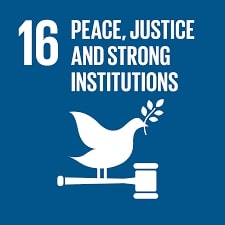‘Good governance is perhaps the single most important factor in eradicating poverty and promoting development.’ – UN Secretary General, Kofi Annan, 1998
We believe that there are 5 key pillars we should focus on to guide us as we create a better Aid Model: Governance is our 5th Pillar.
Twenty years ago, donors would not hesitate to provide major funding with little regard to the effectiveness of their contributions. As more proof comes in of bad governance and corruption, donor behaviour is changing.
Corruption was identified as the number one governance problem hindering development. The World Economic Forum reports that at least 5% of the global gross domestic product is lost to corruption each year. Governance has therefore become an important part of the development debate.
Good governance matters, because it leads to better economic and social outcomes. By making sure policies and procedures are in place and followed, an organisation can make more progress toward its goals. Results show that organisations with better governance outcomes typically have sustainable economic growth, improved quality of life and better-targeted social spending.
Sustainable development is not possible without good governance. If we are to create and sustain an aid model which fosters strong and equitable development, we need to ensure we practice good governance.
‘The issue of good governance and capacity-building is what we believe lies at the core of all of Africa’s problems.’
Commission for Africa, 2005



